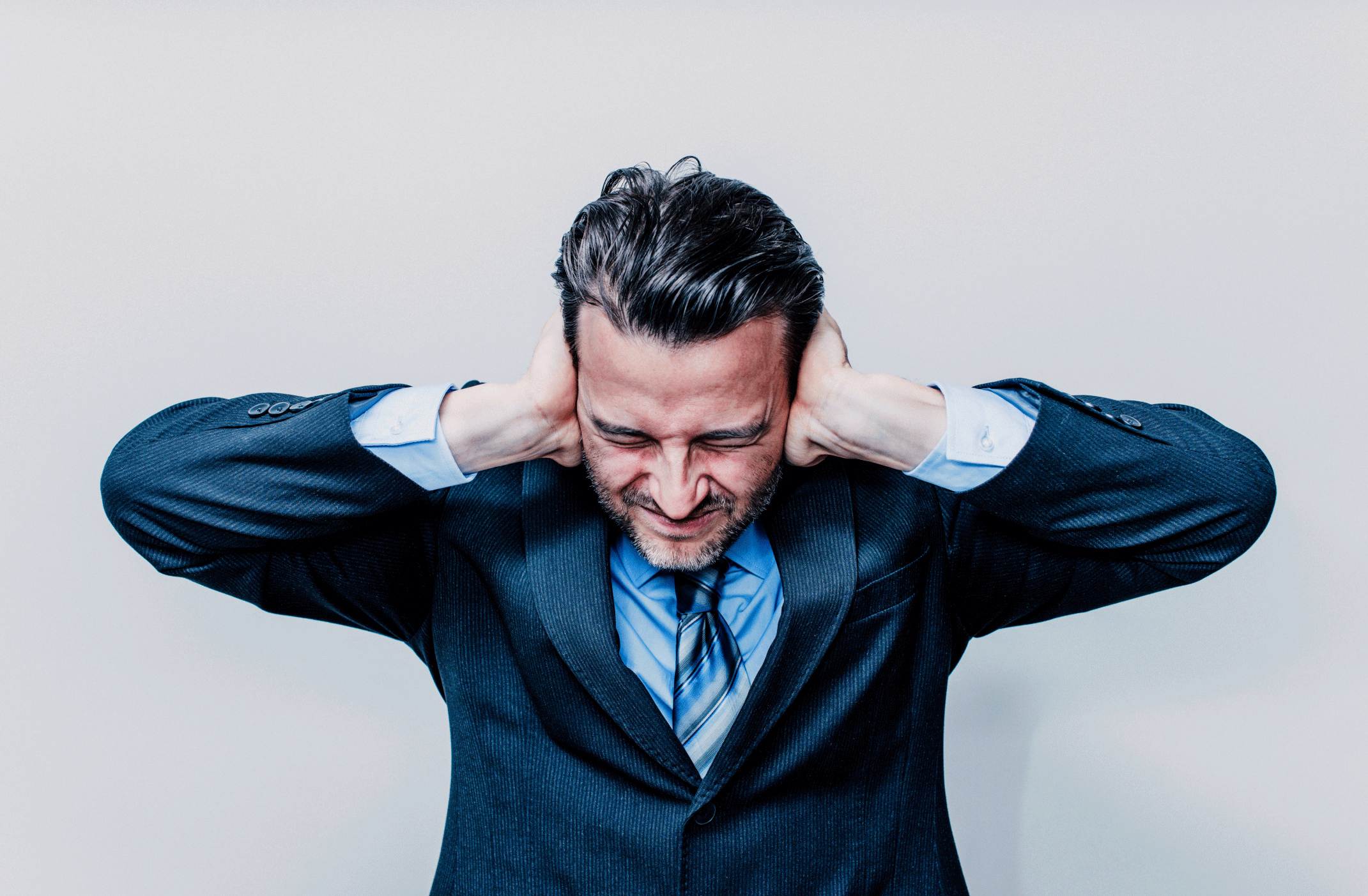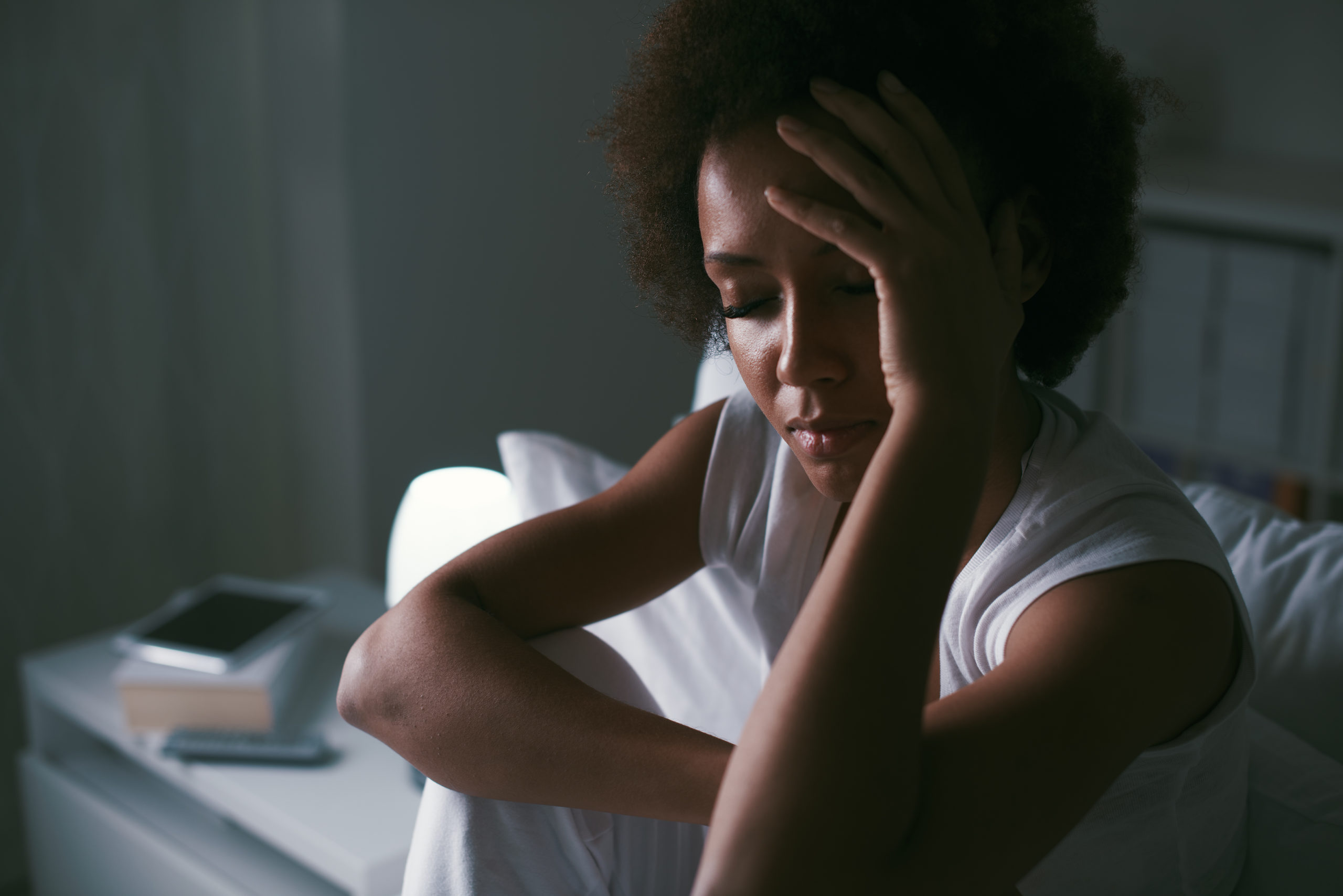Anxiety is far from uncommon: it is thought to affect around 1 in 10 people nationwide to varying degrees. However, it is a misunderstood disorder because it is difficult to understand from the outside and not always easy to talk about. So, without further ado, let’s dive into this blog and learn some facts that will likely resonate with people struggling with anxiety.
1. It can cause strange behavior

Some people talk to themselves because it’s the best way to get through a problem or a difficult situation. Some people suddenly make a lot of nervous gestures, whether biting their nails and fingers, blinking their eyes, playing in their hair, wringing their hands, tapping their feet, or playing with their clothes repeatedly. Some people can’t stop talking or laugh uncontrollably in intense/highly emotional situations. Some people are so steeped in the torment they feel inside that they may appear distant, cold, apathetic, and/or unsocial.
In short, these are all ways that the body has found, more or less consciously, to evacuate the excess anxiety in different situations. When anxious, we may not notice certain behaviors until someone tells us. And then, unfortunately, the tendency may be to become anxious that it will happen again. If you suddenly don’t recognize your friend in public or at a time when it’s important to “behave”, that could be a reason.
2. Saying “don’t worry, you’ll be fine”… It doesn’t work!
This is probably one of the worst things to say to someone struggling with anxiety: “It’s going to be okay”, “Calm down”, “You’re worrying for nothing”, “It’s in your head”, “take it upon yourself”, or other similar message. It is useless to deny that the other is bad by trying to “gaslight” her. Of course, it’s (usually) said with the best intentions. And if a person doesn’t have anxiety, it can be a complicated phenomenon to understand, hence these kinds of comments.
If only it were that simple! People who suffer from anxiety can’t help it and have perceptions and thoughts distorted by their condition. So that kind of comment only makes the situation worse and makes them feel even more isolated, broken, and/or abnormal. Always remember that if a very anxious person could calm down or stop worrying… they would!
What to say then if we want to help an anxious person? The answer is, unfortunately, unclear. The best way is simply to make the person feel that we are there, that we are available if they need something. We can also validate his suffering, welcome it, and accept it instead of wanting the other to be well.
3. The effects are actually physical

Anxiety is an invisible disorder, and it’s easy to believe that it only affects a person’s mental health. But an anxious state also has physical repercussions that can become very incapacitating. During an anxiety attack, the whole body goes into fight or flight mode, which allows our distant ancestors to face and survive dangers.
When this happens, the body releases a large amount of hormones such as adrenaline and cortisol, which speeds up the heartbeat, and increases blood pressure and the rate of breathing. Blood flow is concentrated in the muscles and the brain but diminished everywhere else, and “non-essential” functions such as digestion or the reproductive system are temporarily shut down. Afterward, it takes up to an hour for the body to return to a normal state.
One can therefore imagine the effects of this physiological response when it becomes frequent and repeated. Even without going to the crisis, anxiety can lead to unpleasant physical symptoms, such as headaches, muscle aches, constant and generalized fatigue, cardiac arrhythmia, and dizziness. Some people clench their teeth so hard that they compromise their jaw structure. Some people have severe hives. It is very real.
4. Triggers are multiple and different for everyone
Some people are very sensitive to a lack of light during fall and winter. Food can also play a role, quite important in some cases, even if few people know it. Several medications can have an anxiety-provoking effect on some people, such as decongestants, stimulants, asthma remedies, anticonvulsants, thyroid medications, and birth control pills.
There are many triggers: the fear of displeasing or not being up to par, worry for the future or our loved ones, social situations, new or uncomfortable situations, and situations similar to a past trauma… there is not just one type of anxious person, and one way to manage/control their anxiety.
5. Rumination and negative thoughts are among the worst symptoms

Often, anxious people are constantly bombarded by negative thoughts that they find difficult to control. These thoughts are not based on reason, but seem very real nonetheless. For example, they can remind them that they are not up to it, that no one loves them, that people are angry with them personally, that something bad could happen suddenly… An anxiety attack can, for example, occur simply because a loved one arrives 10 minutes late or doesn’t answer a text right away.
Rumination is also a difficult symptom, by which the anxious person constantly relives and over-analyzes any small mistake from the past, any situation in which he considers that he did not react correctly at the time, any conflict as minor, be it… It goes without saying that it is exhausting, especially if it happens during normal sleeping hours.
Sound off in the comments section below, and tell us what you want to read next and if you want to read more about anxiety.


